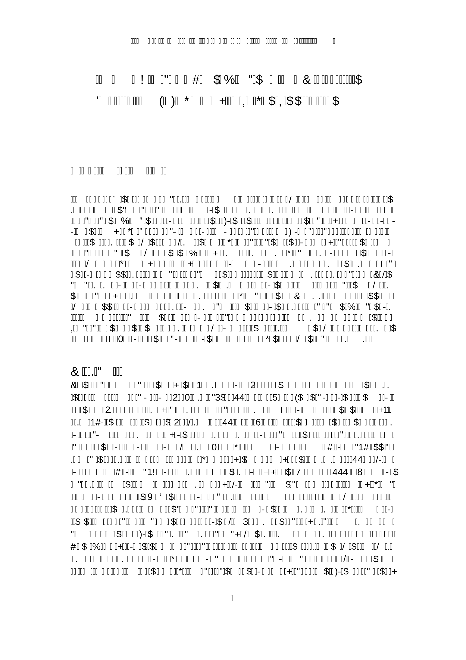Seven Logical Consequences of Interreligious Dialoguing: A Taxonomy of Praxis Possibilities
Despite the incredible amount of literature written about interreligious dialoguing, scant critical attention has been devoted to mapping out the potential logical consequences of the enterprise. This is regrettable, especially given the high hopes many expect to achieve through participation. The c...
Αποθηκεύτηκε σε:
| Εκδόθηκε σε: | Marburg Journal of Religion |
|---|---|
| Κύριος συγγραφέας: | |
| Μορφή: | Artikel (Zeitschrift) |
| Γλώσσα: | Αγγλικά |
| Έκδοση: |
Philipps-Universität Marburg
2003
|
| Διαθέσιμο Online: | Διαθέσιμο Online |
| Ετικέτες: |
Προσθήκη ετικέτας
Δεν υπάρχουν, Καταχωρήστε ετικέτα πρώτοι!
|
| Περίληψη: | Despite the incredible amount of literature written about interreligious dialoguing, scant critical attention has been devoted to mapping out the potential logical consequences of the enterprise. This is regrettable, especially given the high hopes many expect to achieve through participation. The critical literature from various traditions was reviewed using textual criticism as the analytical lens. Seven logical outcomes were subsequently identified and explicated herein using the following taxonomy. Namely: (a) nothing happened, (b) understanding, (c) insightfulness, (d) tolerance, (e) conversion, (f) frustration, and (g) defection. It was concluded that the a priori understanding of these potential outcomes would significantly moderate future delegate expectations. In addition, professional awareness of the range, depth and contours of these dialogic consequences had important ramifications for both participant preparation and event organisation. Practical suggestions for dealing with various impediments were proffered as appropriate. Further research into this important praxis area was recommended. |
|---|---|
| DOI: | 10.17192/mjr.2003.8.3727 |
 Publikationsserver
Publikationsserver